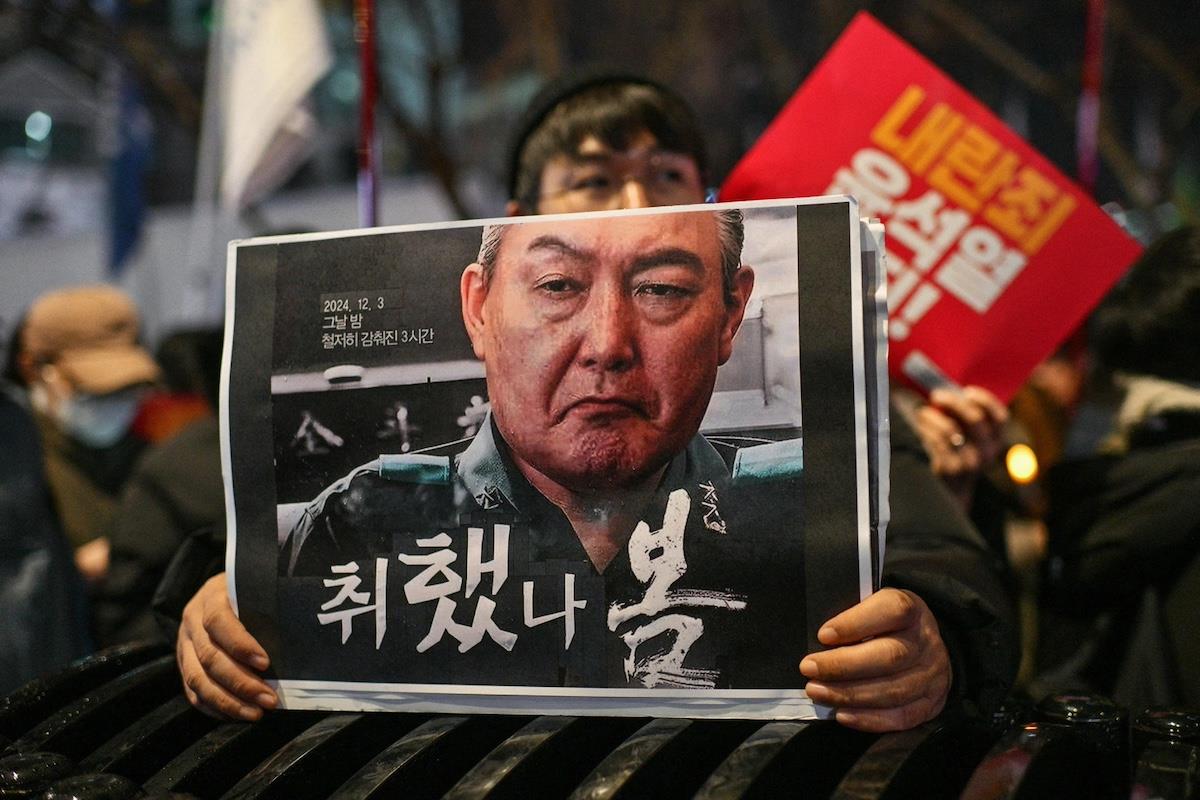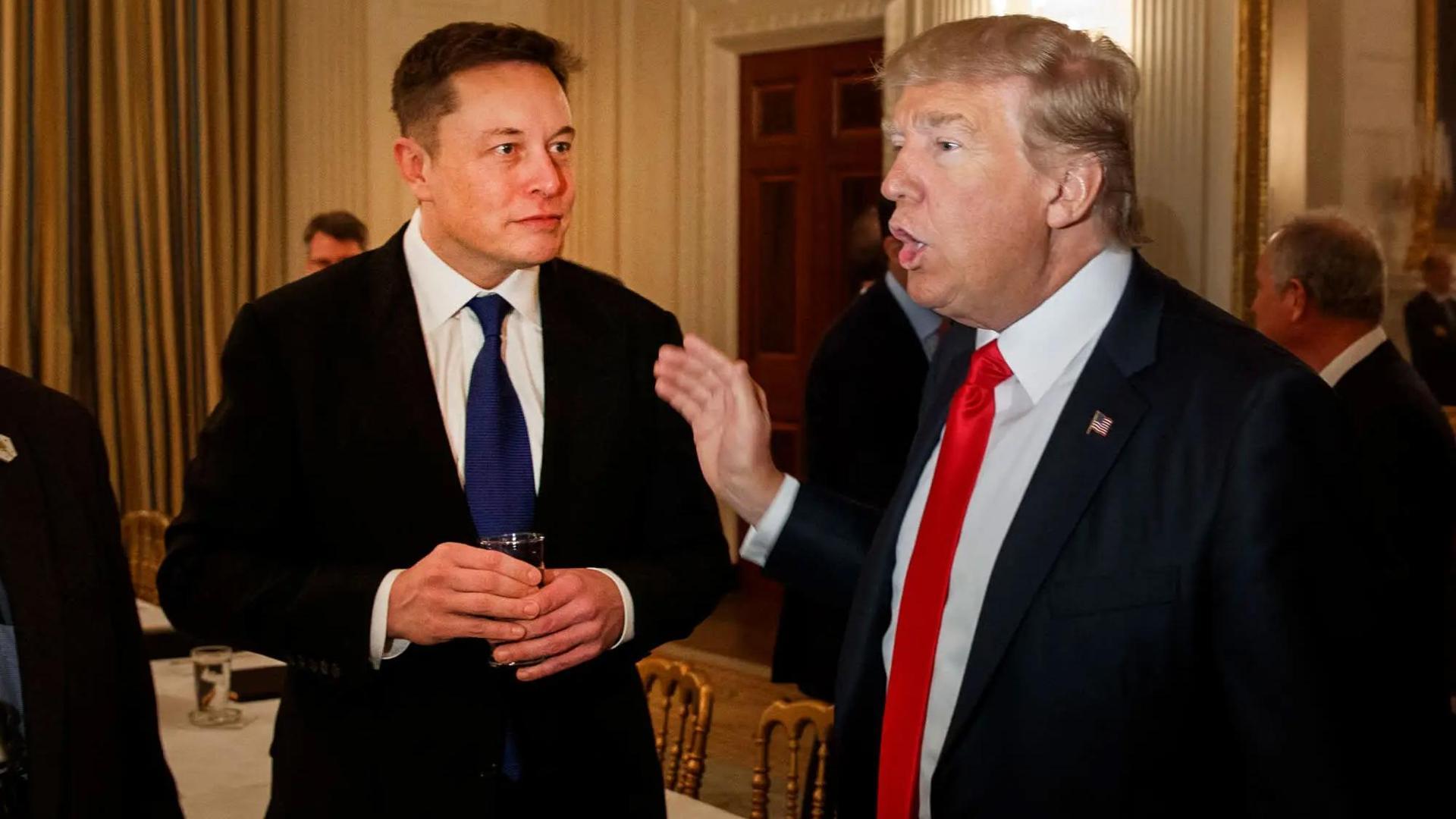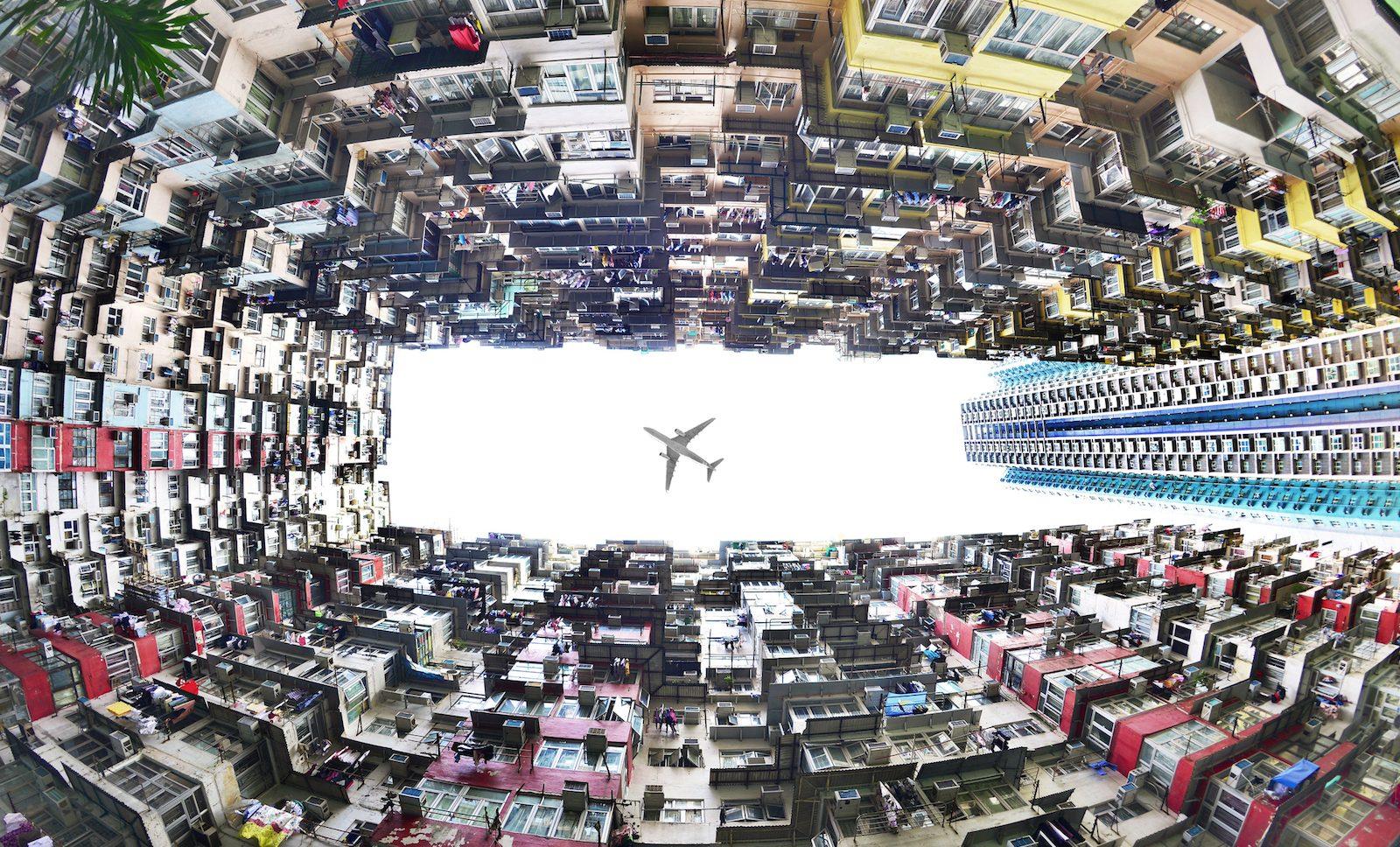
South Korea Poised To Crash And Burn In 2025
In just the last month alone, President Yoon Suk Yeol declared martial law , backtracked six hours later, got impeached by parliament against the backdrop of massive street protests and now faces a historic arrest warrant.
If that wasn't enough chaos and woe, the nation suffered its worst local aviation disaster in more than two decades, killing over 181 and raising harsh new questions about the safety of Korean skies.
Korea's truly rotten December deepened what was already something of a midlife crisis year for Asia's fourth-biggest economy. And yet, this may be as good as it gets as a wildly uncertain 2025 arrives: Seoul's decidedly dysfunctional politics are about to collide with the Trumpian storm to come.
Even if, best-case scenario,“increased US protectionist measures imply lower
tariffs on
Korean
exports than on other trading partners,” says economist Brian Coulton at Fitch Ratings,“declining demand from China and the US, which
together accounted for around 40% of
Korean
goods exports in
2023, will negatively affect exports.”
Though the US president-elect's threats of 60% tariffs are aimed at China, Korea will be right at the center of the collateral damage zone of potentially weaker Chinese demand. Japan, too, but then Tokyo isn't embroiled in a political imbroglio the likes of which Seoul hasn't seen in decades.
Something that Japan and Korea have in common, though, is being snubbed by Trump. Since his re-election on November 5, Trump rebuffed repeated overtures from Yoon and Japanese Prime Minister Shigeru Ishiba for a Mar-a-Lago tee time.
Both Yoon and Ishiba have watched as Trump met with a parade of world leaders, including Canada's Justin Trudeau, France's Emmanuel Macron, Ukraine's Volodymyr Zelensky, Hungary's Viktor Orban, Argentina's Javier Milei and even the UK's Prince William. But so far, he's had no time for Washington's top North Asian allies.
Whether that means Trump plans to throw Seoul and Tokyo under the tariff bus is anyone's guess. Or that Trump's hopes of a“grand bargain” trade deal with China take precedence.
As Yoon awaits possible arrest and his fate in the courts in the months ahead, Seoul's distracted legislators won't be doing much to raise Korea's competitive game.
Even before Yoon's bizarre martial law decree on December 3, his People Power Party wasn't getting much done to level economic playing fields, address near-record household debt, increase productivity, empower women or improve corporate governance.
Yoon's first 966 days in office were anything but a reformist whirlwind. As such, the odds of his party being able to devise an ample policy response to the Trump 2.0 shock are negligible.
That will leave the Bank of Korea even more in the driver's seat. Since Yoon took power in May 2022, the BOK has taken the lead in managing one of the globe's most open major economies. Now, the political vacuum in Seoul has Governor Rhee Chang-yong on the hot seat as never before.

Legal Disclaimer:
MENAFN provides the
information “as is” without warranty of any kind. We do not accept
any responsibility or liability for the accuracy, content, images,
videos, licenses, completeness, legality, or reliability of the information
contained in this article. If you have any complaints or copyright
issues related to this article, kindly contact the provider above.

























Comments
No comment